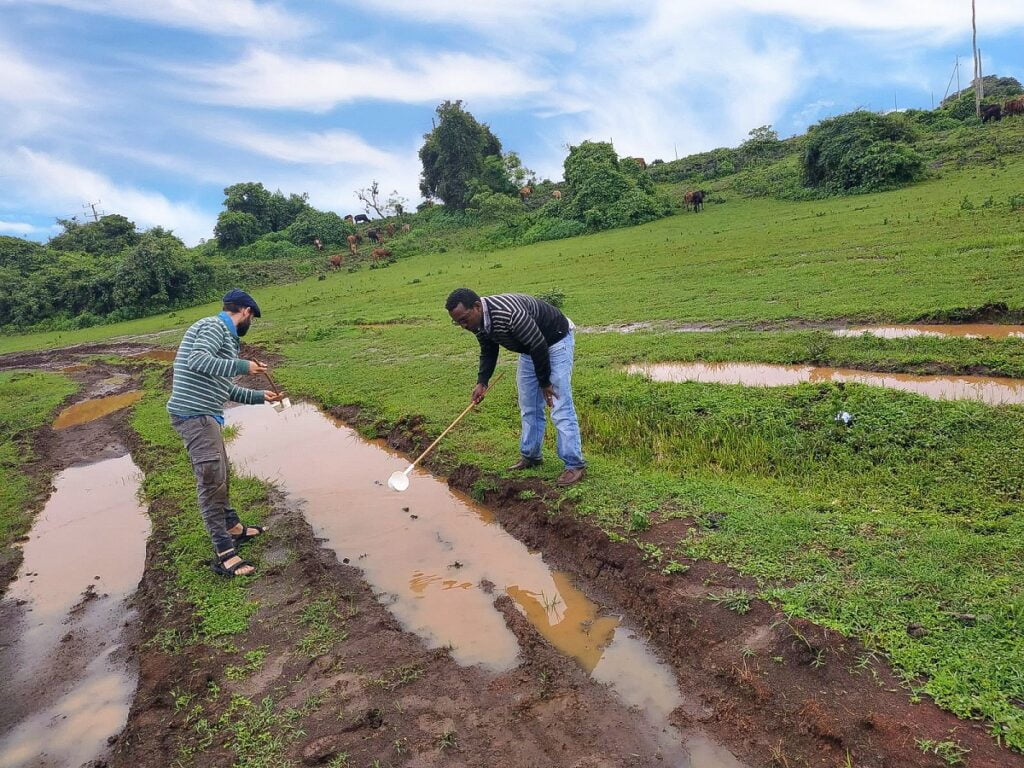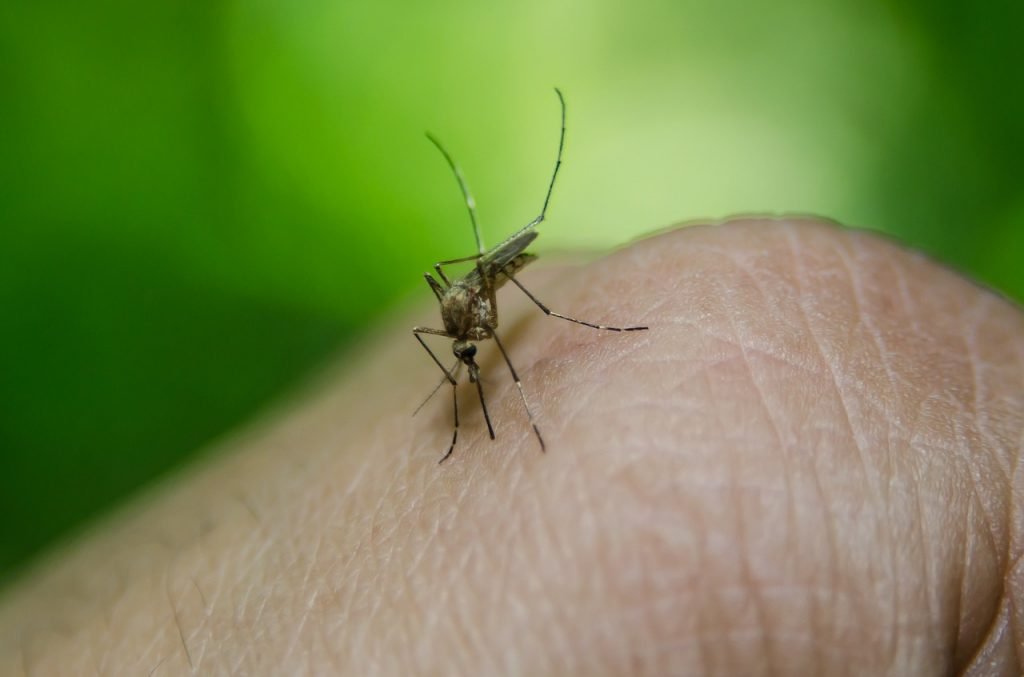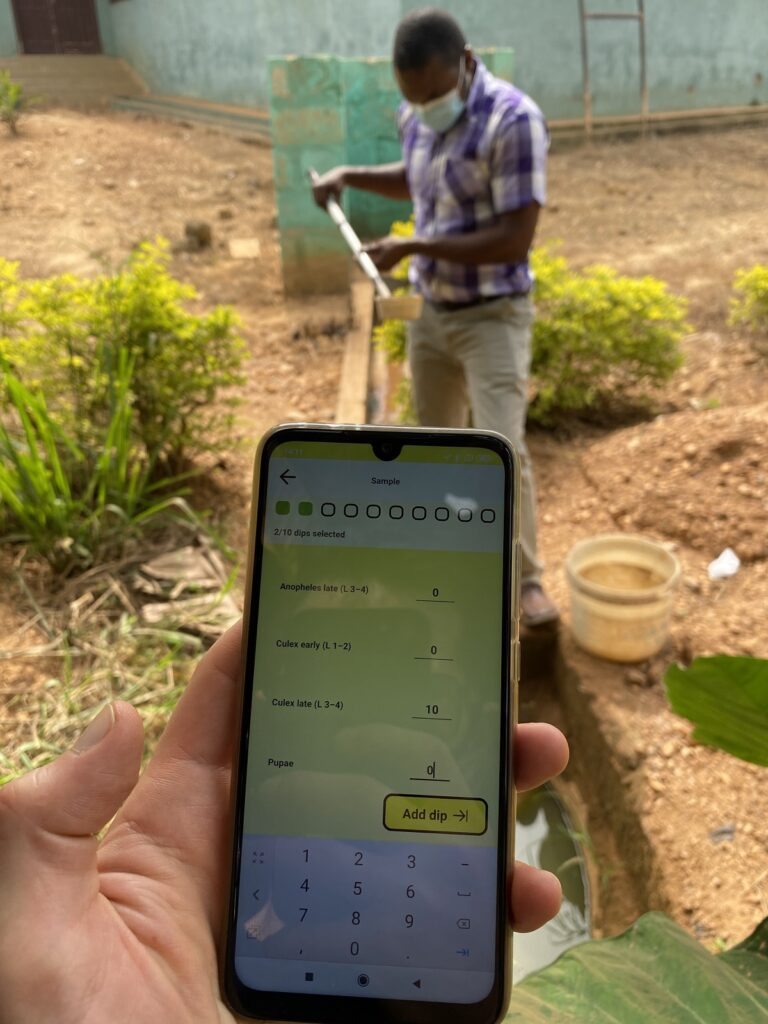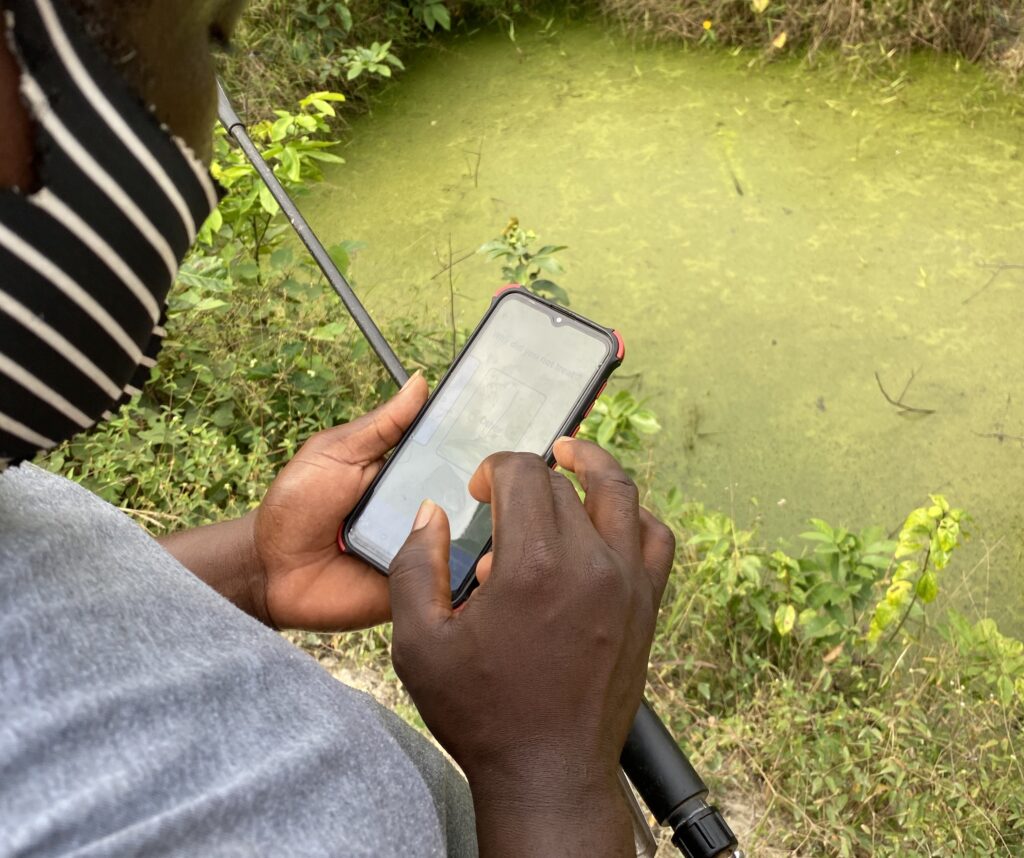A Jerusalem-based startup focused on eliminating malaria using tech tools was selected as one of three finalists for the IBM Watson AI XPRIZE challenge, with a $5 million purse.
The AI XPRIZE, sponsored by IBM Watson, is an open competition launched in 2016 to recognize initiatives tapping AI to tackle some of humanity’s most pressing challenges in areas such as healthcare, education, global development, and exploration. Ten semifinalists were selected by a panel of judges in late 2020 during an event held at TED headquarters in New York City.
The three finalists were announced this week and include ZzappMalaria, an Israeli startup established five years ago as a spin-off company of Sight Diagnostics, the developer of lab-grade blood testing systems with results in minutes. Sight’s first product, Parasight, was deployed in African countries and India in 2014 to detect malaria in the blood.
In 2016, Arnon Houri-Yafin, formerly with Sight, founded ZzappMalaria to tackle the mosquito-borne, potentially fatal infectious disease on the eradication level, specifically in developing countries.

Nearly half of the world’s population is at risk of contracting malaria, the disease transmitted by female Anopheles mosquitoes infected by the Plasmodium falciparum parasite. According to the World Health Organization (WHO), there were an estimated 229 million cases of malaria worldwide in 2019, with children under five years in the most vulnerable group affected by the disease. Young children accounted for 67 percent (274,000) of all malaria deaths (409,000) worldwide in 2019.
Houri-Yafin tells NoCamels he saw the devastating toll of the preventable and curable disease up close when he was working with Sight years ago.

ZzappMalaria’s approach is through larviciding – targeting the breeding sites of the mosquitoes. The company built an AI-powered, map-based app that helps predict where stagnant water bodies (caused by rain) will occur and guides field workers to manage treatment through pesticides. The app is adapted for low-connectivity environments and works on simple, low-cost phones common in developing countries.
The technology achieves three things, Houri-Yafin explains. ZzappMalaria helps map affected areas and uses topographical analysis to determine the formation of bodies of water where mosquitos may breed. The mobile app then helps professionals on the ground scan the fields, find these bodies of water, and upload them to the system so that the spraying team and go in and apply treatment.
“This process was often done with workers simply going around and trying to find these bodies of water, and they often couldn’t find all of them. We wanted to systemize this work, ” Houri-Yafin tells NoCamels
ZzappMalaria’s technology, he says, “is a combination of planning tools – mapping, weather analysis, and so on – and workflow management” and it provides an effective, tailored solution for planning, coordinating and tracking larviciding operations.
The company is currently running pilots in Ghana, Tanzania, Zanzibar, and Ethiopia, with local partners such as municipalities, foundations, workplaces such as gold mines, and NGOs.
The vision is ambitious. ZzappMalaria is working toward the full eradication of malaria rather than the management of the disease – a strategy currently applied in many developing countries, says Houri-Yafin.
“We want to see a more aggressive approach, an eradication of malaria, similar to what countries like Israel, Greece, Spain, and so on did years ago,” he explains.
Sign up for our free weekly newsletter
SubscribeAfter gaining traction, gathering the data, and successfully demonstrating its solution, ZzappMalaria hopes to gain African countries and governments themselves as paying customers.
ZzappMalaria – a ‘wild card’ participant
ZzappMalaria entered the AI XPRIZE competition in 2017 as a “wild card” entrant (a late entrant), after hundreds of teams had already registered.

A friend sent over a link to a call for applications in the wild card round, and ZzappMalaria successfully applied to join dozens of teams that had, at the time, moved on to round two of the challenge.
Throughout, Houri-Yafin says, the competition has been a no-frills, highly technical process where the company had to “show real results” for its AI technology. The contest has also contributed significantly to the company’s progress, he indicated.
When launching the challenge, the then-CEO of XPRIZE said the competition was “intended to promote and progress the notion of ‘AI for impact’ among the global bold innovator crowd, both the established community of practitioners, as well as encourage newcomers to experiment and ultimately demonstrate how AI can be used as a tool for good.”
Houri-Yafin said there was a “strong fit” between the goals of Zzapp Malaria and those of the AI XPRIZE, namely “the ambition to address the grandest global challenges by combining cutting-edge science and technology with a real-world problem-solving approach. AI for good is a powerful idea because it enables tailoring and localizing solutions for humanity’s many problems that are too complex for a one-size-fits-all solution.”
Houri-Yafin tells NoCamels the more open aspect of the competition, which didn’t have set parameters, made it more intriguing and more interesting. And the company is happy to have made it this far.
ZzappMalaria joins Montreal-based Aifred Health, a digital health company focused on clinical decision support in mental health, and Pittsburgh-based Marinus Analytics, which uses AI for actionable insights to empower a victim-centered response on the front lines of public safety, as finalists for the AI XPRIZE.
“Use of AI in ethical fashion is a key part of building a brighter future for all as its use will continue to transform how we live, work, and communicate as part of our everyday lives,” said Anousheh Ansari, CEO of XPRIZE. “Aifred Health, Marinus Analytics, and Zzapp Malaria have used this powerful technology to change the game in their respective fields. We are looking forward to seeing firsthand the positive impact they will have on our future.”
The IBM Watson AI XPRIZE competition will conclude in June 2021 when the finalists will compete for a $3 million grand prize, a $1 million second-place prize, and $500,000 for third place.
XPRIZE is a nonprofit organization that designs and runs innovative competition models to solve the world’s grandest challenges. One of its more known challenges in recent years was the Google Lunar XPRIZE where Israeli startup SpaceIL made it to the finals of the global competition to land a spacecraft on the moon. None of the finalists met the March 2018 deadline and the $20 million prize went unclaimed, but SpaceIL went ahead with its moonshot and was awarded $1 million by XPRIZE.
Currently, active competitions include the $20 million NRG COSIA Carbon XPRIZE, the $10 million XPRIZE Rainforest, the $10 million ANA Avatar XPRIZE, the $6 Million XPRIZE Rapid COVID Testing, the $5 Million XPRIZE Rapid Reskilling, and $500K Pandemic Response Challenge.
Related posts

Editors’ & Readers’ Choice: 10 Favorite NoCamels Articles

Forward Facing: What Does The Future Hold For Israeli High-Tech?

Impact Innovation: Israeli Startups That Could Shape Our Future




Facebook comments